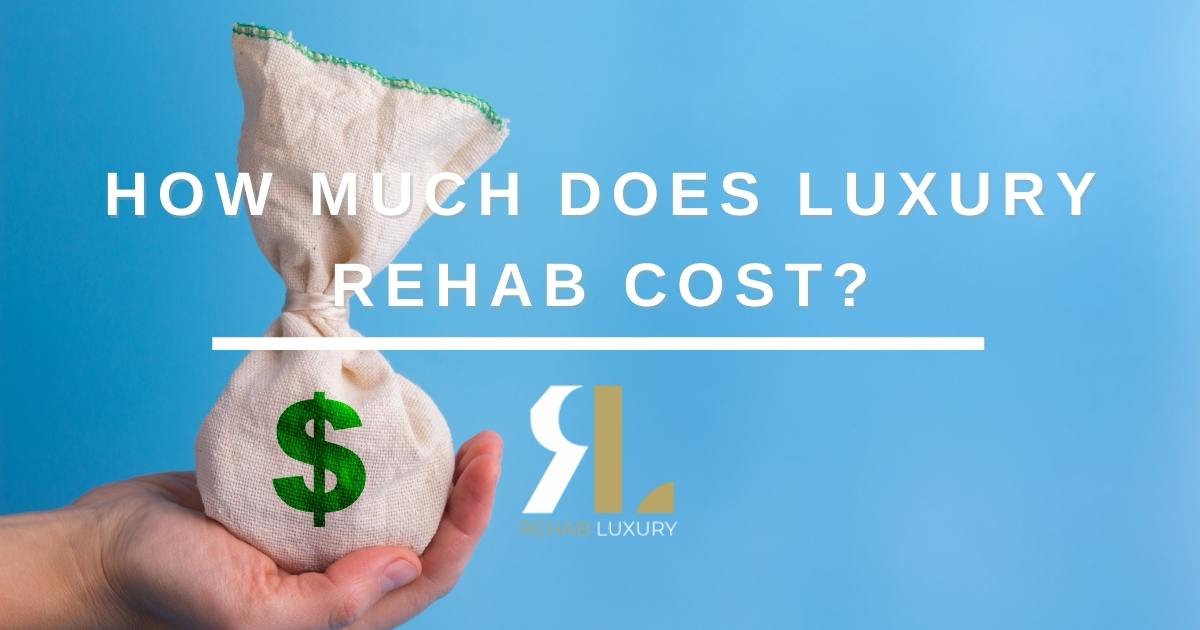Every person who comes to rehab is unique and can benefit from different therapies, which is exactly why there are so many different types of addiction treatment therapies. Millions of people struggle with drug and alcohol addiction, but luxury rehab programs provide innovative therapies, a relaxing environment, and upscale amenities to make for the perfect rehabilitation experience.
Although you may be attracted to a luxury addiction treatment center because of its amenities and extra offerings, what you should really be focusing on is the therapies provided. Therapy is at the core of addiction treatment as it helps people get to the underlying causes of their addiction. Therapy also teaches people how to cope so they can successfully live a substance-free life.
Let’s take a look at the different types of therapy used in addiction treatment and how each one benefits the recovery process.
Table of Contents
Drug and Alcohol Detox
Drug and alcohol detox is usually the first step in an addiction treatment program. This is the medically supervised process in which drugs and alcohol are eliminated from the body. Drug and alcohol withdrawal can be dangerous and potentially life-threatening, which is why medically-assisted detox is essential.
During detox, physicians administer medications to help reduce withdrawal symptoms and cravings. This is referred to as pharmacotherapy or medication-assisted treatment. However, pharmacotherapy or medications alone can’t fully treat addiction, which is why additional treatment therapies are necessary.
One-on-One Counseling
One-on-one counseling, or individual therapy, is a treatment modality that consists of sessions between one patient and one therapist. This type of therapy may occur in both inpatient and outpatient treatment. During sessions, patients can discuss their private concerns and emotions with their clinician without having to worry about any of the details leaving the room.
Individual therapy is most effective when it is combined with group therapy and additional addiction treatment services. Many people find one-on-one counseling to be vital to their recovery if they are not comfortable sharing certain things in a group setting. These sessions also allow the therapist to pay close attention to each patient and better target their individual needs.
Group Therapy
Humans have an innate need for connection and interaction with other humans. As social creatures, it’s necessary for our well-being to socialize and congregate. Developing healthy relationships with like-minded individuals also stops us from feeling so alone. In fact, many experts suggest that group therapy is as effective or even more effective than one-on-one counseling. It is for these reasons that group therapy is so powerful in addiction treatment.
During group therapy, members provide assurance to one another that they are not alone and that other people know what they are going through. Group members also hold each other accountable and help motivate one another to stay on the right path. By relating with and obtaining support from others, overcoming the challenges associated with addiction is made easier.
Group therapy sessions are kept fairly small with less than 12 patients per group. Groups are facilitated by a licensed therapist and can be held on an inpatient or outpatient basis. Most luxury rehab centers combine individual and group counseling together with other addiction treatment therapies.
Cognitive-Behavioral Therapy (CBT)
The National Alliance on Mental Illness reports that in 2018, approximately 9.2 million adults in the United States suffered from both a mental health condition and a substance use disorder. When a person suffers from co-occurring disorders, they are more prone to addiction, negative thinking, and destructive behaviors. Patients such as these can benefit from cognitive-behavioral therapy (CBT).
CBT is an evidence-based therapy used to help people identify destructive thought patterns and behaviors. This type of therapy focuses on the harmful patterns that perpetuate drug and alcohol use. Once patients identify these behaviors and thought processes, they can begin exploring new ways of thinking. CBT teaches coping skills and self-awareness to help reshape negative thoughts and promote healthier behaviors.
CBT therapy may be conducted in group or individual sessions as well as on an inpatient or outpatient basis. This is one of the most common types of therapies used in addiction treatment.
Dialectical Behavioral Therapy (DBT)
Dialectical behavioral therapy (DBT) is a modified form of CBT that encourages patients to accept the negative thoughts and behaviors that are rejected by CBT. By accepting these thoughts, patients are able to realize that there is an opportunity to change their lives for the better.
DBT is most often used to treat patients with personality disorders, such as borderline personality disorder. However, it is also shown to help reduce drug and alcohol cravings, therefore, helping to prevent relapse.
Contingency Management (CM)
Contingency management (CM) is an addiction treatment therapy that provides patients with incentives for reaching certain goals. For example, incentives may be provided for medication compliance, recovery milestones, and general progress in therapy. As a reward-based treatment method, it is thought to help make patients more likely to continue staying sober because they begin associating sobriety with positive things.
See the Benefits of These Addiction Treatment Therapies for Yourself
There are several different therapies used to treat addiction and alcoholism. In general, most luxury addiction treatment centers combine multiple different types of therapy to provide a more individualized approach. If you or a loved one are ready to start your journey to recovery, don’t wait any longer. Contact us today to learn more about your addiction treatment options.







